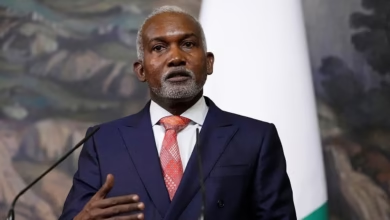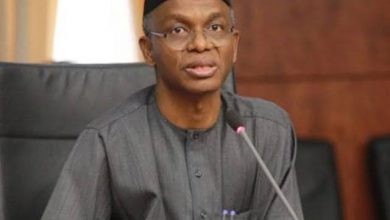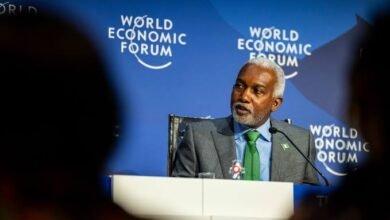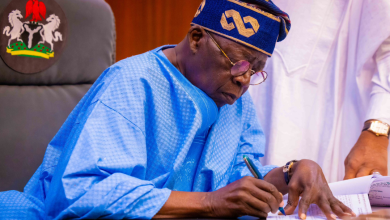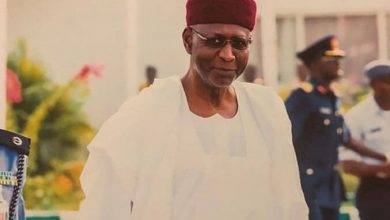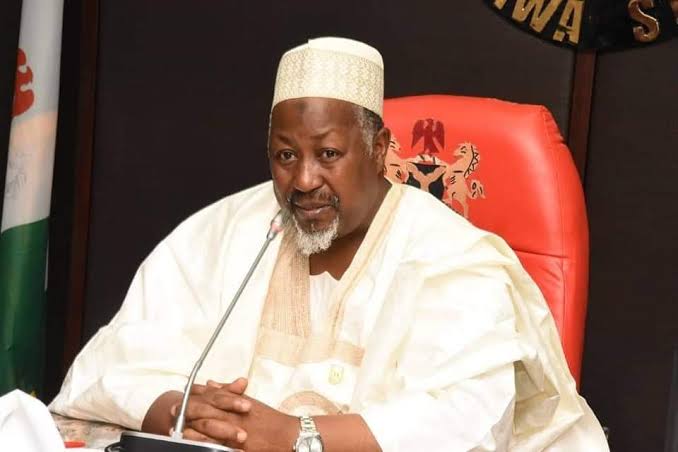
By Habibu M. Ringim
One of the interesting sayings by a renowned leadership expert, John Maxwell, suggests that the single biggest way to impact an organization is to focus on leadership development. There is almost no limit to the potential of an organization that recruits good people, raises them up as leaders and continually develops them.
In Nigeria, many political actors have, in recent time, tried to develop the idea of providing opportunities for young leaders who will take over the mantle of leadership in the country and compete with their contemporary millennial in other developed nations.
Today, promoting and understanding leadership among young people is attracting more attention from the day President Muhammadu Buhari, GCFR singed in to law, Not Too Young To Run Bill. That single act by Nigeria’s Commander-in-Chief and of course, the improved technology and greater mobility has indeed cut the distance between legendary leaders and young ones at the realm of leadership in both local and national political arena.
The last Local Government election held in Jigawa State is an undeniable fact about Governor Muhammadu Badaru’s penchant of grooming young leaders so that they can make positive impact. This move by the governor is undoubtedly a political correctness that will plant a seed of new set of vibrant, workaholic and determined leaders for the future. As Carmen Martinez puts it, “The more we increase the active participation and partnership with young people, the better we serve them. And the more comprehensively we work with them as service partners, the more we increase our public value to the entire community,” — and this is exactly what the governor intends to achieve.
What he did was an attempt to identify future leaders based on their talents and personality. These are the outward traits we see in other successful and dynamic leaders across the world, and Governor Badaru has naturally looked at these positive traits in young people to tag them for leadership, give them real responsibility to take charge of their local environment.
Governor Badaru believes that for political systems to be representative, all parts of society must be included. When young people are disenfranchised or disengaged from political processes, a significant portion of the population has little or no voice or influence in decisions that affect group members’ lives. A key consequence is the undermining of political systems’ representativeness. When there are obstacles to participate in formal, institutionalized political processes, young people can rapidly feel disempowered that led to so many unwelcomed protests as seen in some parts of Nigeria. In Badaru’s political theory, youth inclusion in formal political processes is important from the start and he understands the interconnected nature of the obstacles in these processes that young people encounter. This is why he championed the promotion of young people in formal decision-making processes.
A growing number of citizens (including young people) have little trust in formal political processes, political institutions and leaders; perhaps because they feel they are not representative of their interests. Young people are grappling with understanding the complexities of democratic societies and formal political processes. But governor Badaru sees young people participation in politics in different ways – as beneficiaries, partners, leaders – he believes there is need for shift in thinking to sustain youth-led political campaign.
The government trained youth across the State on HIV prevention in collaboration with Federal Ministry of Youth and Sports Development (FMYSD), thereby creating mass awareness on various form of contagious diseases. In addition, it organised sensitization workshop against youth participation in political thuggery and other forms of violence, rather they should join political movement and participate in election; this led to establishing the State Youth Parliament which inculcated in to legislative norms.
This is part of his commitment to the physical, social and emotional well being of Jigawa State youthful population. To ensure youth benefited from his dividend of democracy, the governor embarked on series of programs and interventions for the benefit of the youth in the state to disseminate valuable and timely information on government policies and programmes to the people while also ensuring their participation in governance.
Muhammadu Badaru is a governor who has youth in his heart, this is why he initiated various interventions programmes in politics, technology, agriculture; small scale mechanization was introduced to the farming process to improve efficiency and reduce drudgery in agribusiness. Unemployed youths were trained in mini harvester and thresher operations and pesticide applications. Hand held harvesters, planters, tractors, combined harvesters, mini threshers and sprayers and pesticide were supplied to them on an empowerment loan basis and they are assigned to clusters to provide these services as at when due. These have improved efficiency in harvesting and reduced post harvest loss from manual threshing by over 35%.
Thousands of jobs were also created along the value chain for the youth that are not directly engaged in the cluster farming. For instance, in 2018 when Army worms infested about 11 States, the State Government deployed over 600 pest control agents across the state and contained the invasion within 3 days. Affected farmers simply called the nearest extension worker close to the location and pest controllers were directed to collect the appropriate pesticide from a JASCO (A state owned company) store and deploy accordingly. Government has bought and distributed thousands of small implements to youths and cooperatives who are dubbed VCAs (Value Chain Agents) as well as mini rice mills to service local small scale consumption, while women were trained in small scale parboiling to complement production.
Last Saturday’s LG election result in Jigawa State is yet another manifestation to show that the All Progressive Congress (APC) is on top of its game as far as political popularity is concerned. To have 14 elected Chairmen as younger people out of 27 Local Government Areas is indeed a smart move by the governor in incorporating higher percentage of the seats to youth who will now be a part and parcel of political and decision-making process.
It is proudly safe to say the following candidates, Zahraddeen Abubakar (Gwaram), Muddansir Musa (Garki), Lawan Isma’il Moker (Baɓura), Sule Shehu Udi (Ringim), Muhammad Mukhtar (Kazaure), Mubarak Ahmad (Ƴankwashi), Saleh Ahmad (Gwiwa), Ahmad Rufa’i Gumel (Gumel), Baffa Shinge (Auyo), Umar Baffa Idris (Birniwa), Musa Shuaibu Muhammad (Guri), Bala Umar T.O (Haɗejia), Bala Usman Chamo (Dutse) and Uzairu Nadabo (Maigatari), are lucky to have Governor Muhammadu Badaru Abubakar as their political mentor.
Through this election victory, youth will be encouraged and listened to, and the preparations by the governor are well thought out – he set them up for success. Having youth on boards is a rewarding experience for everyone involved. The Youth in Jigawa State feel their voice is valued and that they have an impact to make in decision-making processes.

